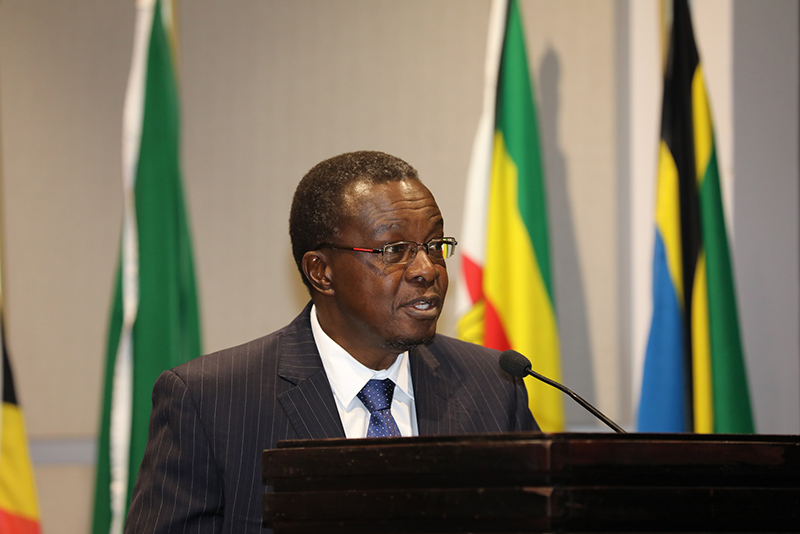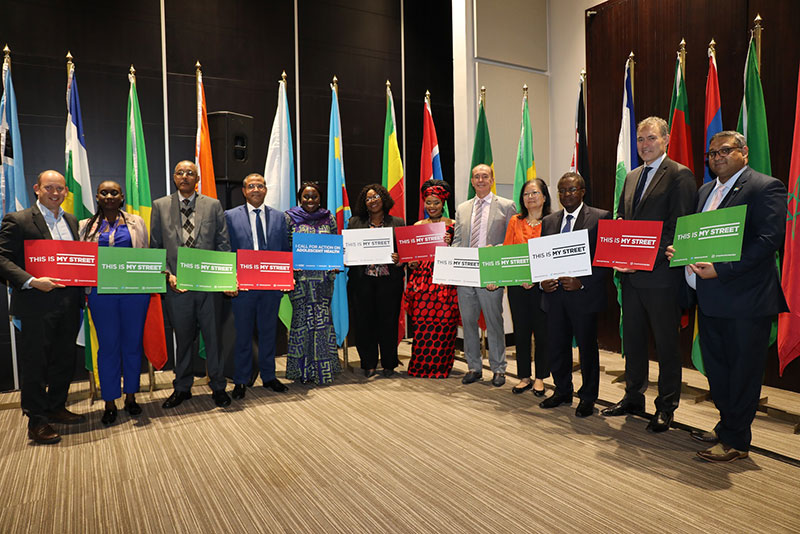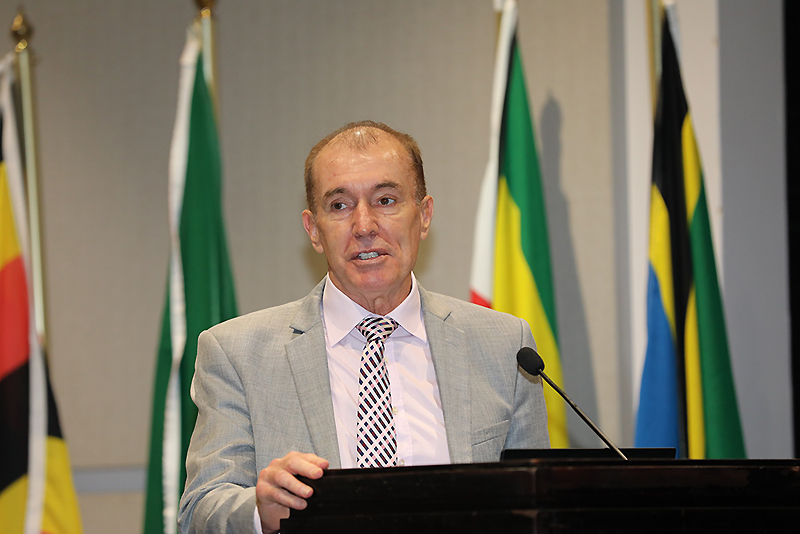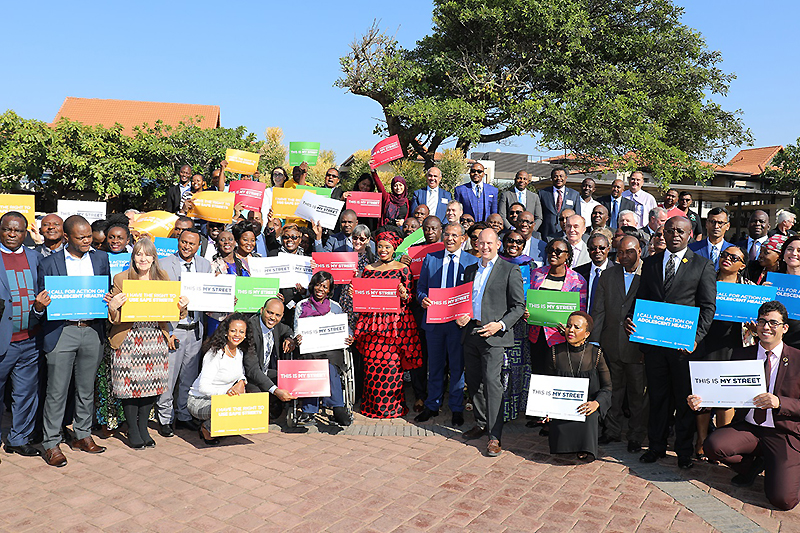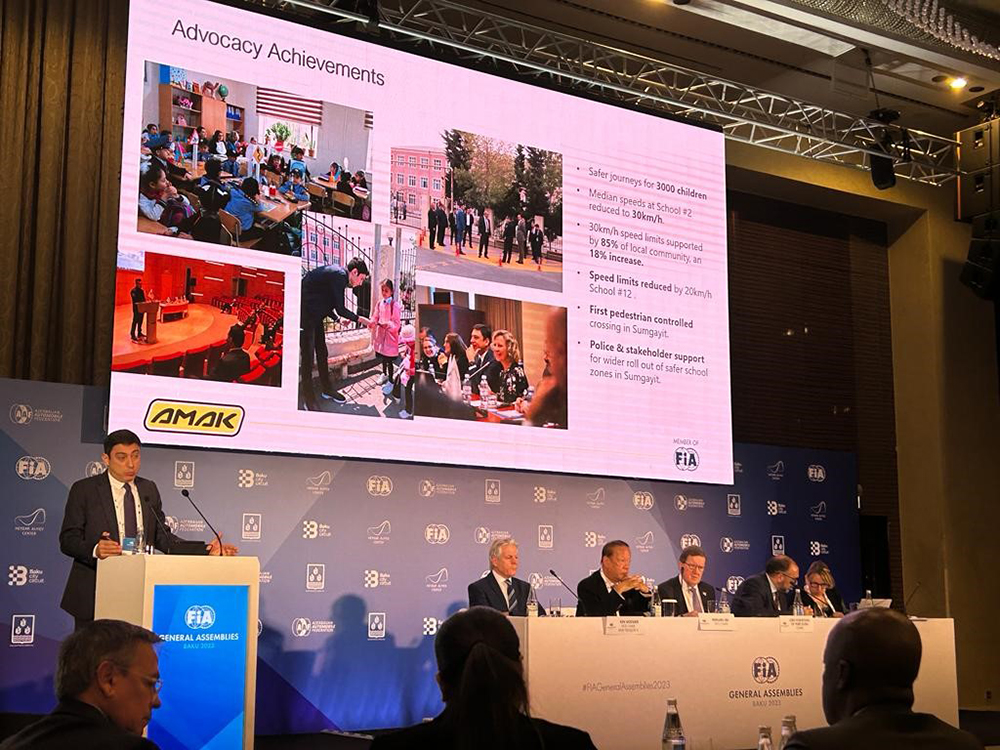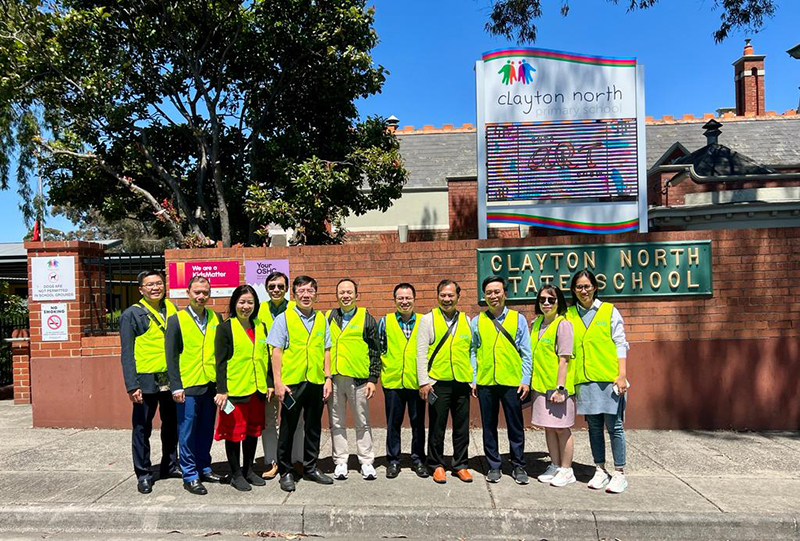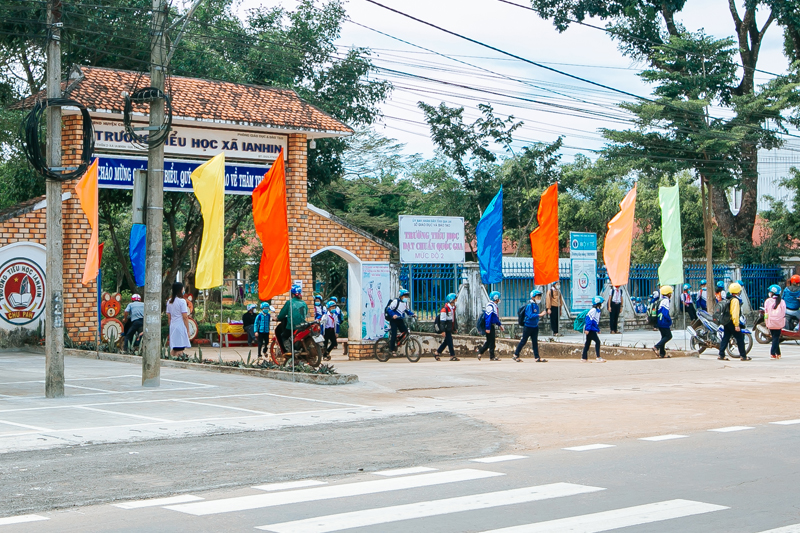Africa confronts road safety data gap

Governments across Africa have launched the work of the continent’s new Road Safety Observatory to improve data and support efforts to save lives on the roads.
Child Health Initiative global ambassador Zoleka Mandela gave the keynote address to the Observatory’s General Assembly following welcoming remarks from Jean Todt, the UN Special Envoy for Road Safety and FIA President.
The Observatory supports efforts to generate road safety data, to underpin the public policy response to road traffic injury in Africa and to monitor progress towards regional and global objectives including the SDG agenda on road safety.
In his welcoming remarks to the General Assembly, UN Special Envoy Jean Todt told delegates that he looks forward to seeing the progress and development of the Observatory and encouraged African government representatives to participate in the forthcoming Ministerial Conference on Road Safety in Sweden in February 2020.
Delegates from over 35 African Governments joined regional and global partners including the World Bank, World Health Organisation, the African Union, African Development Bank, Islamic Development Bank, UN Economic Commission for Africa, the FIA, FIA Foundation and International Transport Forum at the First General Assembly of the African Road Safety Observatory. The General Assembly was hosted in Durban by the Government of South Africa from 27 to 28 June.
Zoleka Mandela issued a powerful call to action in her keynote speech. “This is an initiative we desperately need on our continent,” she said.
“I urge you to give your full support to this Observatory, to make it as strong a data platform as possible to address road traffic injury because there are families across Africa, lives of countless men, women and children, who depend on your efforts.
“Across Africa we are working with our partners Amend and iRAP to give children a safe journey to school with road infrastructure that will actually save lives. We’re working hard to turn the situation around in Botswana, in Zambia, in Morocco and many other African countries. What we’re showing is something both very powerful, and perhaps something that ought to be a little embarrassing for our leaders. We have the solutions and they are as simple as a safe crossing, a footpath, or a speed hump. Our young people should not be killed and injured on the roads.
“The question we ask donors and policy makers is: will you implement these very simple solutions or are you willing to fail our children? Will you ensure that every single child has a safe journey to school no matter where they live?”
The Observatory has been established with funding from the FIA Foundation and support from the FIA together with the International Transport Forum, the World Bank Global Road Safety Facility. It has also received support from the UK Department for International Development and from the French Government’s commitment to road safety in Africa through the Agence Française de Développement (AFD) UN Road Safety Trust Fund support.
Soames Job, Head of the World Bank’s Global Road Safety Facility said: “This continent faces a stunning and unacceptable increase in road traffic fatalities and injuries over the next decade even if we carry on as we are right now. This Observatory is vital and improving our data is an essential task. But this is a first step. We need a strong response to build on this and to ensure that the interventions are in place.”
On behalf of the FIA Foundation, Deputy Director Avi Silverman participated in the General Assembly. He said: “For the first time, this Observatory gives Africa the opportunity to address what is a serious data gap on road safety in a coordinated approach. It is a long awaited and critical initiative. With further sustained engagement of governments and support from the international community we hope the platform can be strengthened and can provide an effective basis to work on the SDG agenda for road safety and ultimately to save lives on Africa’s roads.”
First steps of the Observatory’s workplan have included data reviews on road safety in 38 countries and initial planning to improve data collection undertaken by the Africa Transport Policy Programme (SSATP) and African Union. The General Assembly provided the opportunity for collaboration and coordination on data among governments and agencies across the continent.
